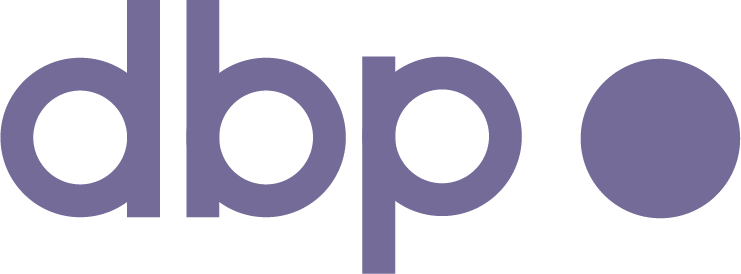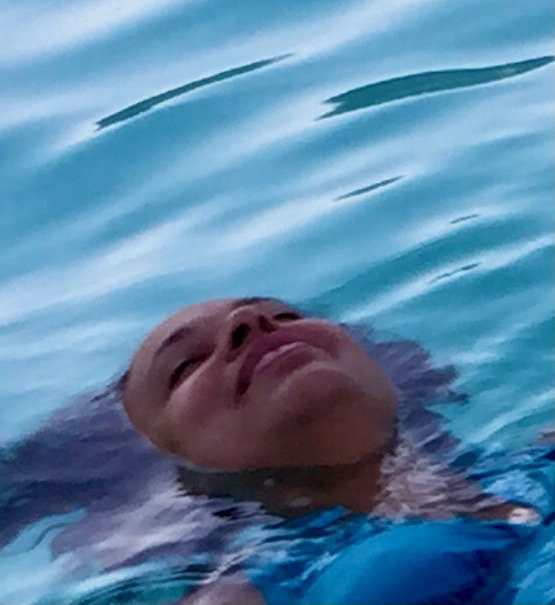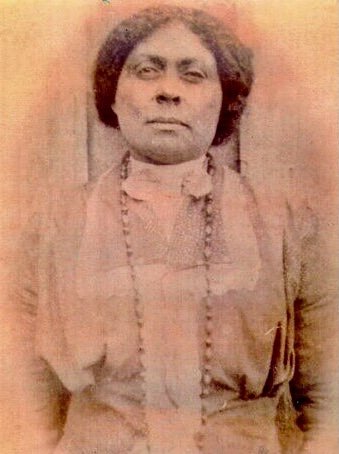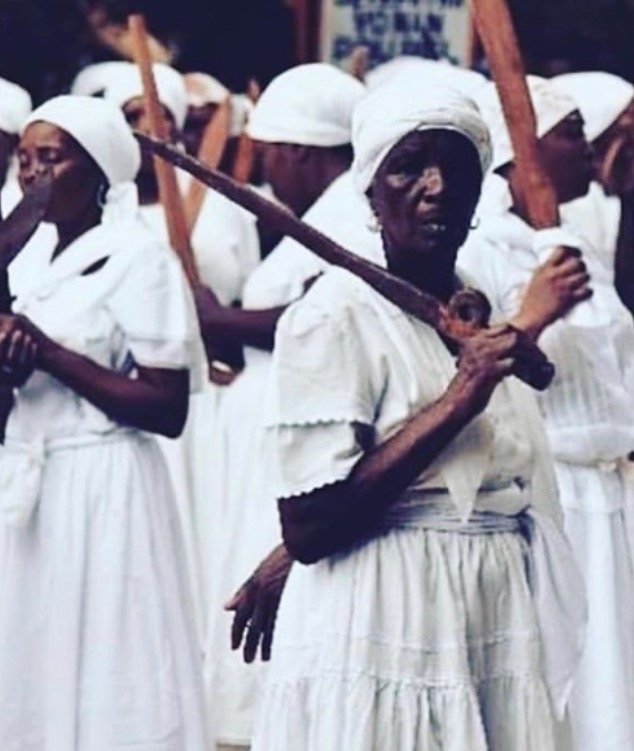Black Women’s Self-Care Reparations Project
Description
-
Our focus is the repair of Black women’s health and well being. We start with the understanding that there is a debt owed us for centuries of unpaid labor – physical, emotional, spiritual – that has come at the expense of our lives, time, energy, health, and wellbeing. We are a group of five Black women who have come together to explore in a small community built on a foundation of love and trust over time, how we can heal both individually and collectively. We believe for this work to be complete there must be repair in the form of funded support from the larger community that has and continues to benefit from Black women’s uncompensated labor. In this way the repair flows towards Black women’s healing and wellness and back towards the community in need of healing/repairing its values and actions towards Black women. When we are rested, and swimming in the overflow of our own healing and well being, we will bring this work to a wider group of Black women.
Our belief is that as Black women heal, we will grow a more compassionate, connected, honorable, healthy world. We will have better healthcare institutions that listen to everyone’s pain, we will better understand the trauma this particular culture places on all of us and how to heal it. We will build institutions that don’t just perform diversity and equity, but have those values built into their very structures.
-
(September 2021 – March 2022) – In this first phase we focused on healing ourselves. With the generous support of funding from the Artists Adaptability Circles (AAC) we began our exploration of what self-care for Black women is. In the face of intersecting external obstacles of race, gender, and economic instability how do we care for ourselves? In the face of the internal obstacles of trauma, fear, grief, anger how do we learn to believe in caring for ourselves? In facing these obstacles how do we step into the unknown of our self-care towards our thriving lives.
-
(April 2022- December 2024) - In Phase 2 we clarified that our self-care is only as sustainable as our economic sustainability. With the generous support of a second year of funding from Artists Adaptability Circles and the San Francisco Foundation we developed the framework of the spiral of healing - healing ourselves as we learn to heal others as we grow skills that enable us to be economically sustainable. With InnerSource/Eden Method as our Reparation Partner, we begin our first year of Eden’s two year Energy Medicine certification training program. In partnership with InnerSource with generous funding from the San Francisco Foundation we will begin building a spiral of healing.
-
We are visioning this Phase 3 work, which for now does not have a set start date. We see ourselves building spirals of healing through classes, workshops, trainings, healing spaces, retreat centers, private sessions, mentoring, partnering, collaborating as flowing from our overflow.
-
Artists Adaptability Circles/Diamond Wave/Emerging Arts Professionals. We would like to thank all of the collaborators who created a funding platform that places the needs and priorities of artists first. Thank for believing in and funding a project that would likely have not come into being without this support. We would especially like to thank Rhiannon Evans MacFayden for inviting us to apply for this unique opportunity and for championing our work over the last two years.
The San Francisco Foundation. We would like to express our deep gratitude to the San Francisco Foundation for funding our second phase of work. The Foundation’s support makes it possible for us to begin building our spiral of healing.
InnerSource/Eden Method. Our hearts are full of gratitude for InnerSource’s support, partnership and commitment to our work. Thank you to Donna Eden, her family and the InnerSource team for this powerful life changing healing work and to Shawn Doubiago who is guiding us through this training with her deep expertise and love.
Kelly Wendorf, Equus Inspired. We are so grateful for Kelly, and Artemis, Dante, Brio, Cisco, Kassie and Aedin (her horse and donkey co-facilitators) and the transformative healing work they are putting into the world. Kelly’s generosity enabled us to launch our healing work at a retreat on her beautiful land in New Mexico. Her generosity, coaching, space holding supported us in remembering home in our bodies, our connections to animals and the natural world. We had the beautiful experience of meeting ourselves through the deep wisdom and guidance of her and her horse collaborators. This was live changing!
Eric Kupers/Dandelion Dance Theater. We are so grateful to Eric Kupers/Dandelion Dance Theater for being our fiscal sponsor, for supporting and believing in our work and for making the funding piece as easeful as we want our lives to be.
Bruce Bagnell and Kathleen Evans. Thank you from the bottom of our hearts for creating and offering a beautiful space for us to meet in physically (no small offering in the Bay Area), to do our Eden training and to grow our spirals of healing.
-
Black women in the US die younger than other US women, experience higher rates of infant and maternal mortality, hypertension, obesity, and mortality from cardiovascular disease. Black women have lower levels of higher education, home ownership and are more likely to live in financial poverty. They are also more likely to be heads of households and first responders in their communities, caring for children, elders, responding to police violence, fighting sex trafficking of the community’s children, feeding houseless people, advocating for educational and other resources, organizing politically to get their communities out to vote. This often is at the cost of Black women’s health and well being and contributes to the health conditions above.
The structural conditions that created this reality for Black women were put in place with the plantation slave-based economy and much of the wealth that built this country, made some very wealthy, was because of Black women’s free labor. This exploitation of Black women’s labor continues in the form of lower wages, unpaid work for our communities, and less tangibly in the expected emotional, spiritual comfort Black women are regularly asked to provide. The inequities that Black women have and continue to live reflect on the greater health (or lack) of our communities and country.
BWSCR Project Collaborators











